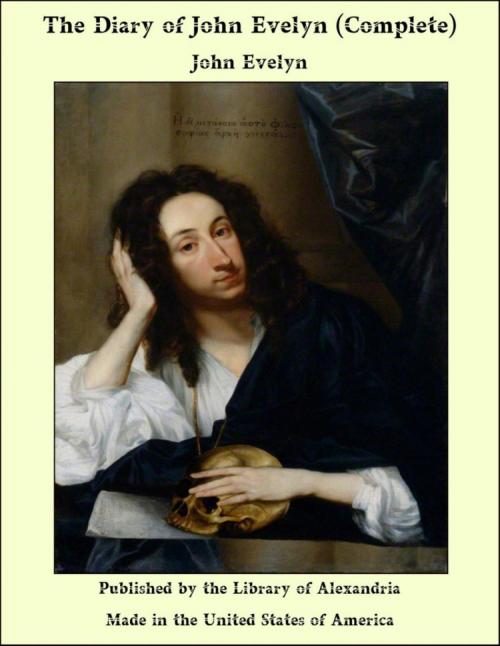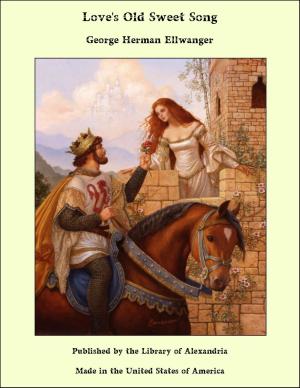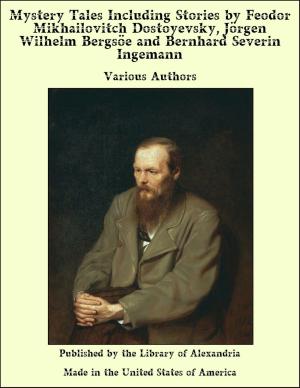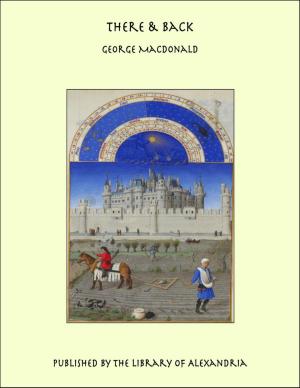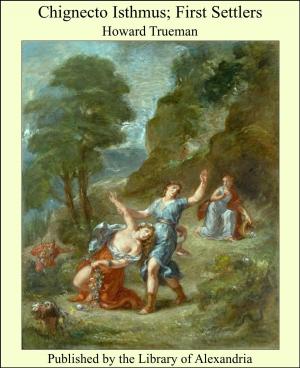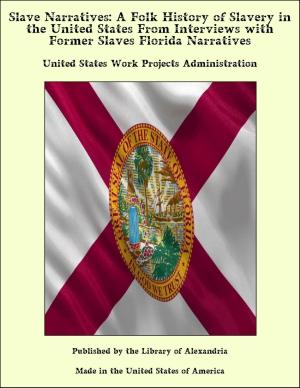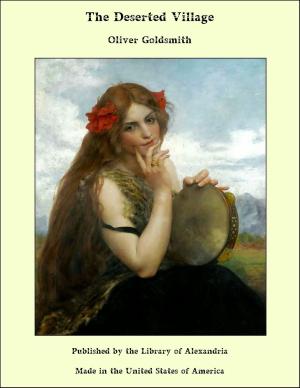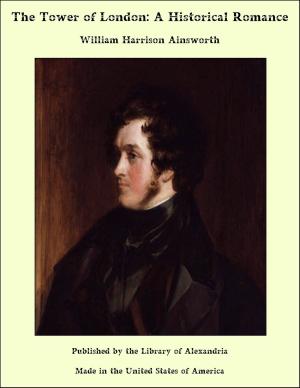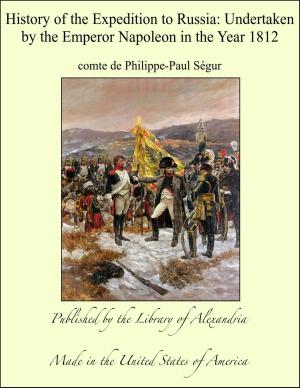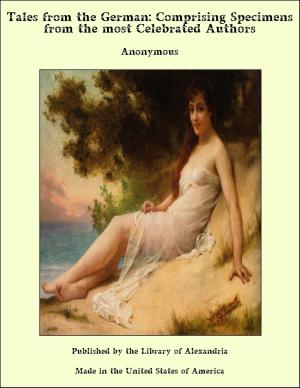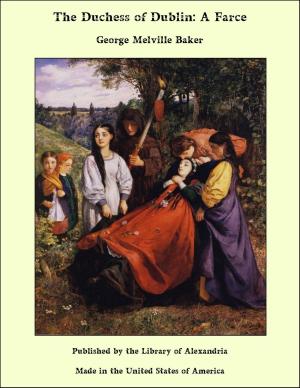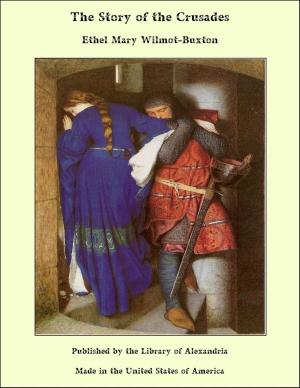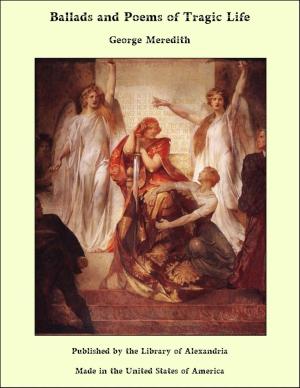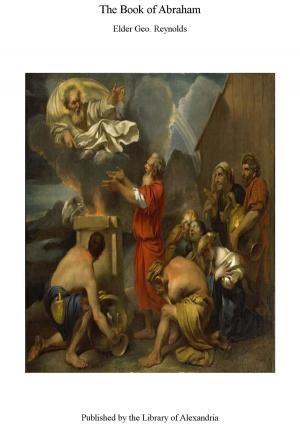The Diary of John Evelyn (Complete)
Nonfiction, Religion & Spirituality, New Age, History, Fiction & Literature| Author: | John Evelyn | ISBN: | 9781465585394 |
| Publisher: | Library of Alexandria | Publication: | March 8, 2015 |
| Imprint: | Language: | English |
| Author: | John Evelyn |
| ISBN: | 9781465585394 |
| Publisher: | Library of Alexandria |
| Publication: | March 8, 2015 |
| Imprint: | |
| Language: | English |
The two chief diarists of the age of Charles the Second are, mutatis mutandis, not ill characterized by the remark of a wicked wit upon the brothers Austin. "John Austin," it was said, "served God and died poor: Charles Austin served the devil, and died rich. Both were clever fellows. Charles was much the cleverer of the two." Thus John Evelyn and Samuel Pepys, the former a perfect model of decorum, the latter a grievous example of indecorum, have respectively left us diaries, of which the indecorous is to the decorous as a zoölogical garden is to a museum: while the disparity between the testamentary bequests of the two Austins but imperfectly represents the reputation standing to Pepys's account with posterity in comparison with that accruing to his sedate and dignified contemporary. Museums, nevertheless, have their uses, and Evelyn's comparatively jejune record has laid us under no small obligation. But for Pepys's amazing indiscretion and garrulity, qualities of which one cannot have too little in life, or too much in the record of it, Evelyn would have been esteemed the first diarist of his age. Unable for want of these qualifications to draw any adequate picture of the stirring life around him, he has executed at least one portrait admirably, his own. The likeness is, moreover, valuable, as there is every reason to suppose it typical, and representative of a very important class of society, the well-bred and well-conducted section of the untitled aristocracy of England. We may well believe that these men were not only the salt but the substance of their order. There was an ill-bred section exclusively devoted to festivity and sport. There was an ill-conducted section, plunged into the dissipations of court life. But the majority were men like Evelyn: not, perhaps, equally refined by culture and travel, or equally interested in literary research and scientific experiment, but well informed and polite; no strangers to the Court, yet hardly to be called courtiers, and preferring country to town; loyal to Church and King but not fanatical or rancorous; as yet but slightly imbued with the principles of civil and religious liberty, yet adverse to carry the dogma of divine right further than the right of succession; fortunate in having survived all ideas of serfdom or vassalage, and in having few private interests not fairly reconcilable with the general good. Evelyn was made to be the spokesman of such a class, and, meaning to speak only for himself, he delivers its mind concerning the Commonwealth and the Restoration, the conduct of the later Stuart Kings and the Revolution.
The two chief diarists of the age of Charles the Second are, mutatis mutandis, not ill characterized by the remark of a wicked wit upon the brothers Austin. "John Austin," it was said, "served God and died poor: Charles Austin served the devil, and died rich. Both were clever fellows. Charles was much the cleverer of the two." Thus John Evelyn and Samuel Pepys, the former a perfect model of decorum, the latter a grievous example of indecorum, have respectively left us diaries, of which the indecorous is to the decorous as a zoölogical garden is to a museum: while the disparity between the testamentary bequests of the two Austins but imperfectly represents the reputation standing to Pepys's account with posterity in comparison with that accruing to his sedate and dignified contemporary. Museums, nevertheless, have their uses, and Evelyn's comparatively jejune record has laid us under no small obligation. But for Pepys's amazing indiscretion and garrulity, qualities of which one cannot have too little in life, or too much in the record of it, Evelyn would have been esteemed the first diarist of his age. Unable for want of these qualifications to draw any adequate picture of the stirring life around him, he has executed at least one portrait admirably, his own. The likeness is, moreover, valuable, as there is every reason to suppose it typical, and representative of a very important class of society, the well-bred and well-conducted section of the untitled aristocracy of England. We may well believe that these men were not only the salt but the substance of their order. There was an ill-bred section exclusively devoted to festivity and sport. There was an ill-conducted section, plunged into the dissipations of court life. But the majority were men like Evelyn: not, perhaps, equally refined by culture and travel, or equally interested in literary research and scientific experiment, but well informed and polite; no strangers to the Court, yet hardly to be called courtiers, and preferring country to town; loyal to Church and King but not fanatical or rancorous; as yet but slightly imbued with the principles of civil and religious liberty, yet adverse to carry the dogma of divine right further than the right of succession; fortunate in having survived all ideas of serfdom or vassalage, and in having few private interests not fairly reconcilable with the general good. Evelyn was made to be the spokesman of such a class, and, meaning to speak only for himself, he delivers its mind concerning the Commonwealth and the Restoration, the conduct of the later Stuart Kings and the Revolution.
